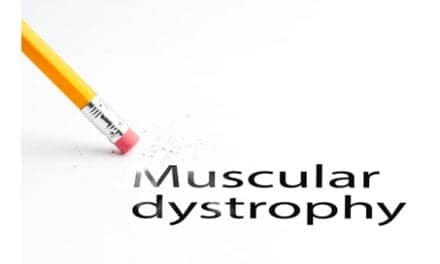Researchers report they have discovered a new form of muscular dystrophy related to changes in the JAG2 gene. The study was published in the American Journal of Human Genetics.
The Department of Clinical Genetics of the University of Tartu Institute of Clinical Medicine, under the leadership of Professor Katrin Õunap, has studied patients with hereditary diseases of unclear cause in various research projects since 2016. The patients underwent extensive genome-wide sequencing analyses at the level of the exome (the sequence of all genes), genome (whole DNA sequence), and transcriptome (RNA transcribed from the genome).
In one of the patients with progressive muscle weakness, the team found two changes in the JAG2 gene that had not been associated with any hereditary disease before.
Hereditary Disease
In the study, researchers note that the misfunction of the JAG2 gene interferes with the development of muscle cells and their ability to recover – causing progressive muscle damage.
The researchers conducted a transcriptome (RNA) analysis of the patient’s muscle tissue, which provided important information on pathological changes in gene expression in muscle cells.
“In co-operation with an international team of researchers, we found 22 other patients with similar problems and changes in the JAG2 gene from all over the world. Also, for the first time in Estonia, our patient underwent a special muscular magnetic resonance imaging scan, which revealed a pattern of muscle involvement characteristic of pathogenic variants in JAG2 in lower limb muscles.”
— Katrin Õunap
[Source: Health Europa]





